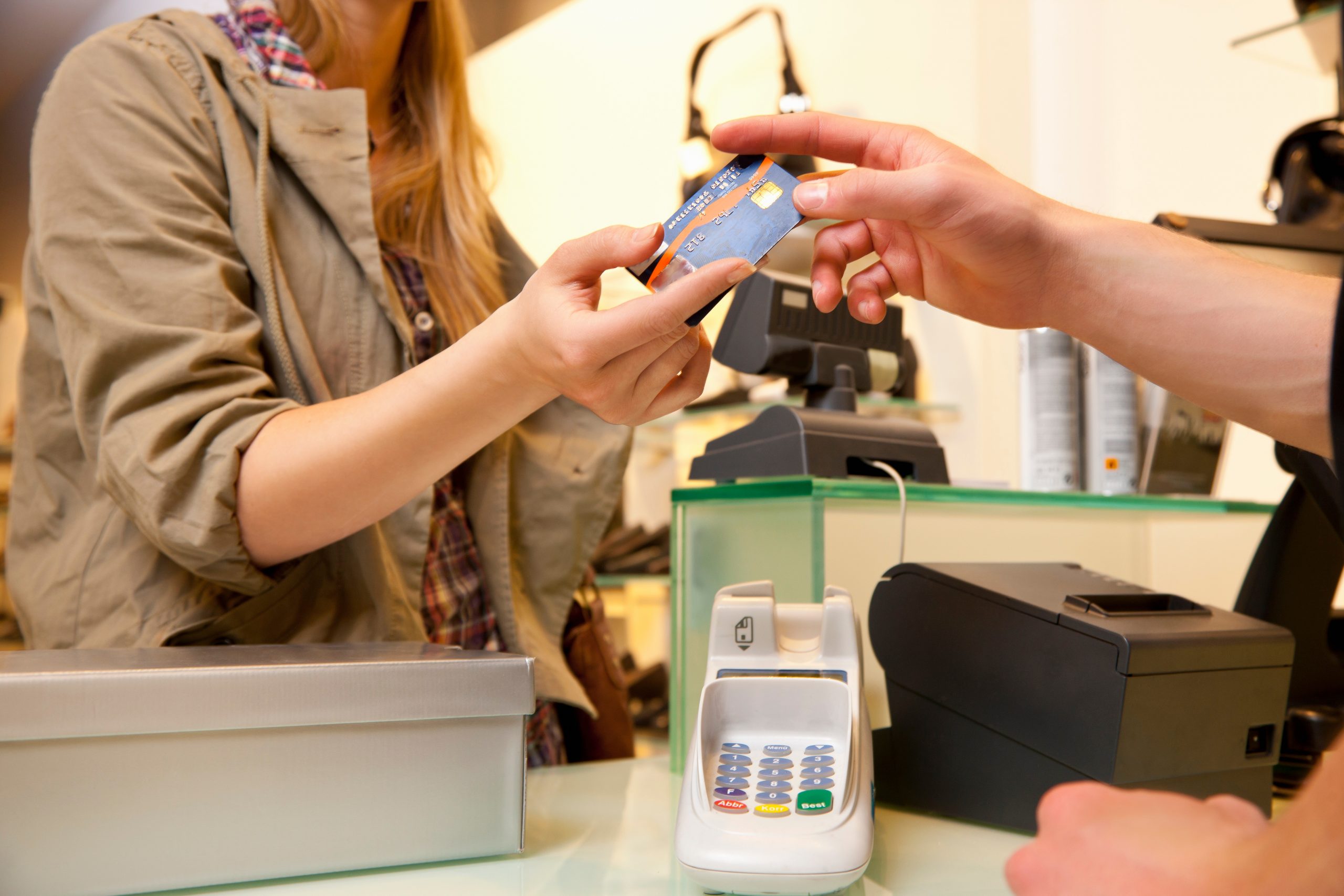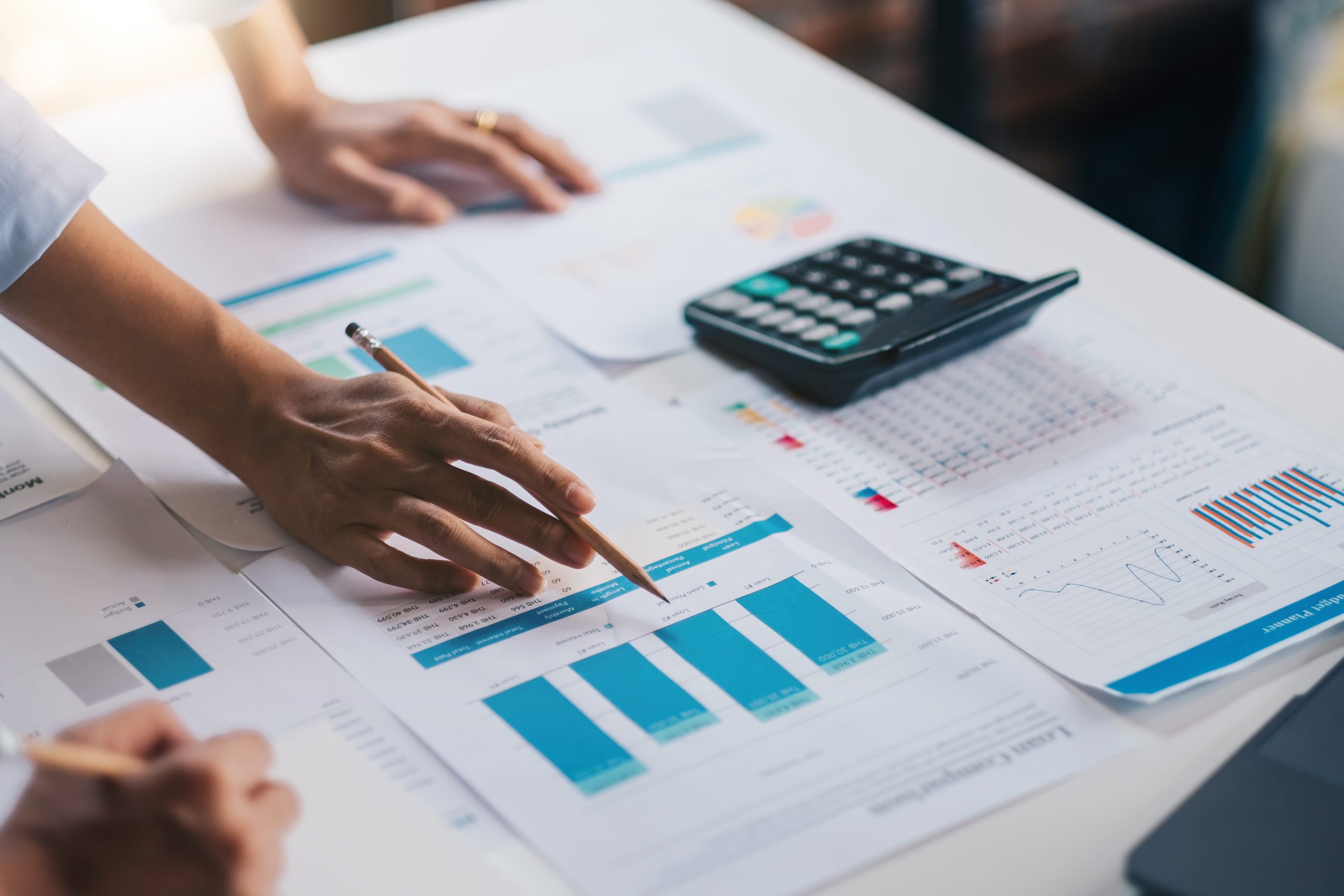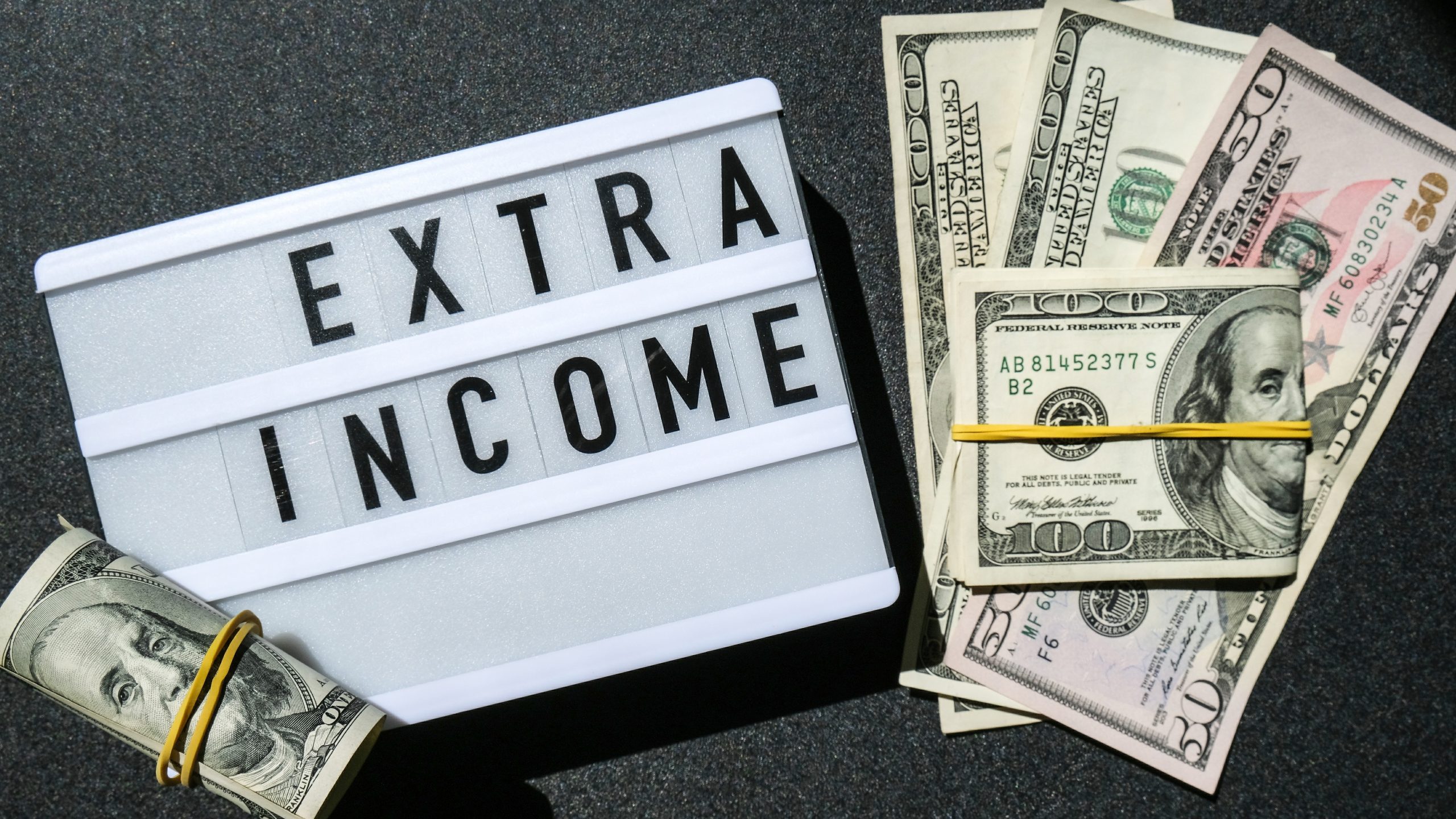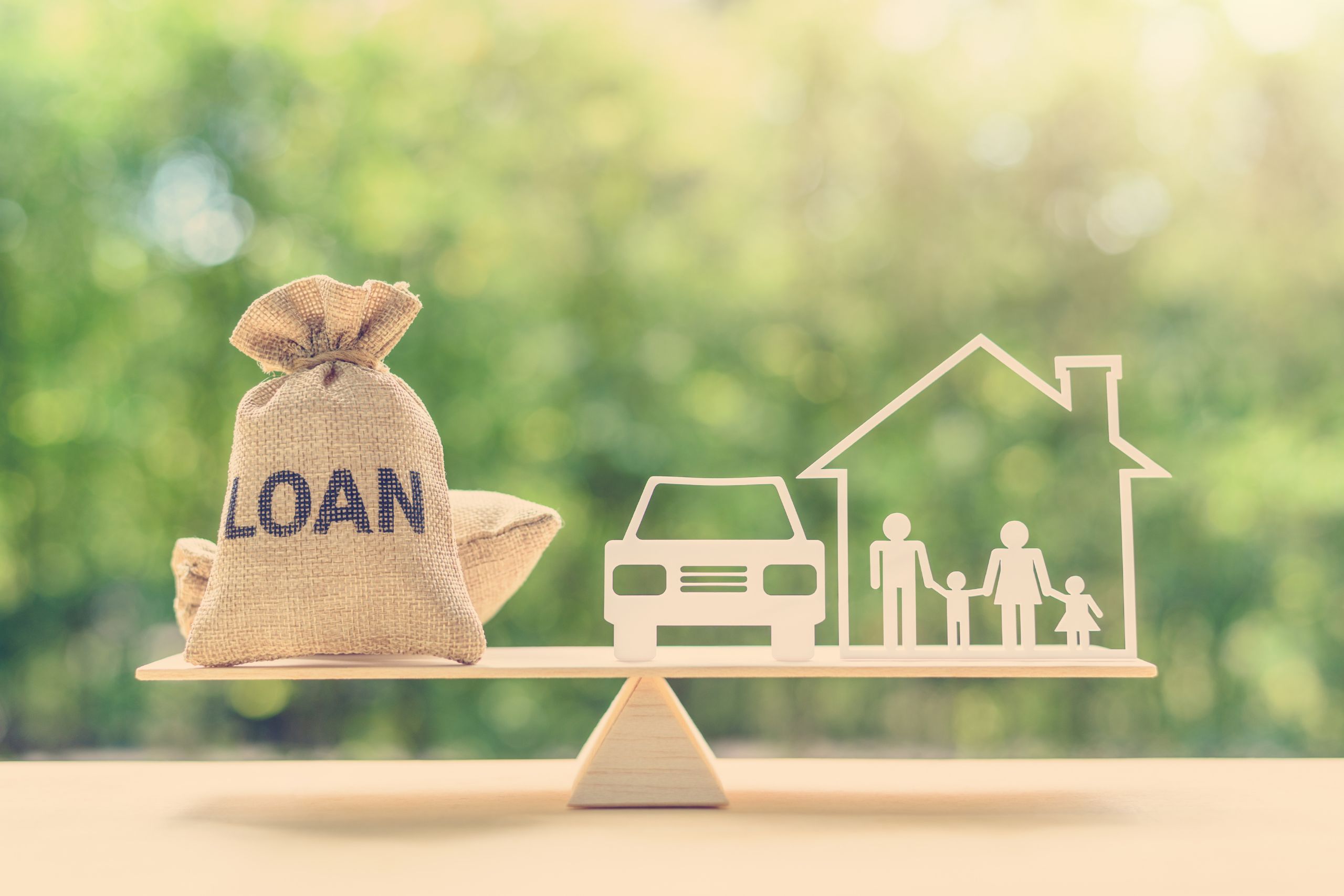A common financial goal for many people is to get rid of their debt. It’s important to have a plan for getting out of debt, whether it’s credit card debt, personal loans, or something else. Luckily, there are a number of smart things that can be done to speed up the debt payback process. This piece will talk about five good ways to get out of debt and become financially free. Using personal loans, balance transfer credit cards, the debt snowball method, looking into debt consolidation choices, and focussing on changing the way you spend your money are some of these tactics. People can not only lower their debt by using these tactics, but they can also learn good money habits for the future.
1. Create a Financial Goal
Setting a clear financial goal is the first step to getting out of debt. Setting a financial goal will help you stay on track, stay inspired, and be responsible as you pay off your bills. You can get back in charge of your finances and avoid debt in the future by making goals that you can measure and reach.
When setting a financial plan, it’s important to think about how much money you have coming in and going out. That way, you can set a goal that is reasonable and fits with your current cash position. Carefully look over your monthly income and costs to find places where you can cut back so that you can put more money towards paying off your debt.
You can keep track of your progress and make changes along the way if you need to if you set a goal that can be measured. Cutting up your total debt into smaller, more doable goals is a good idea. You can celebrate each one as you reach it. This method gives you a sense of achievement and keeps you going as the process goes on.
Besides that, keep your deadline in mind. Set a reasonable time frame for when you want to reach your cash goal. This will help you stay on track and keep you from giving up. Remember that getting out of debt is a process that takes time and effort.
2. Choose the Right Method for Paying off Debt
You can choose from a number of different ways to pay off your debt. Each method has its own benefits, and the way they work for you may depend on your finances. Here are some smart ideas to think about:
- Debt Avalanche Method: With this method, you put your bills in order of how much interest they cost. First, pay off the bill that has the biggest interest rate. Then, make the minimum payments on the other debts. Pay off the loan with the biggest interest rate first, then move on to the next one. Over time, this method can help you save money on interest.
- Debt Snowball Method: This method might work for you if you like to see results quickly and with mental drive. No matter what the interest rate is, this plan tells you to pay off the bills with the smallest amounts first. As you pay off a smaller debt, you gain confidence and the drive to take on bigger bills.
- Debt Consolidation: When you consolidate your bills, you pay off all of your debts at once. This might make your financial life easier and bring down interest rates. To make your payments easier to handle, you might want to look into a debt reduction loan or a balance transfer credit card.
- Increase Your Monthly Payments: No matter what way you use, you should think about making extra payments whenever you can. You can save money on interest and pay off your debts faster if you pay more than the minimum each month.
Think about things like interest rates, amounts owed, and your own personal financial situation when picking the best way to pay off your debt. Look at your needs and pick the way that fits your goals and skills the best. Don’t forget that the most important thing is to keep your promise to get out of debt.
3. Consolidate High-Interest Debts with a Personal Loan or Home Equity Loan
A good way to get out of debt is to use a personal loan or a home equity loan to pay off all of your high-interest bills at once. By combining several bills into one loan, you can make it easier to pay it back and might even save a lot of money on interest.
A personal loan is an uninsured loan that can be used for many things, like paying off other debt. If you have good credit, you might be able to get a personal loan with a lower interest rate than your credit card bills or other loans with high interest rates. You can make your regular payments easier to handle if you use the money from the personal loan to pay off these bills.
You could also get a home equity loan, which means using the value of your home as collateral. You can get a home equity loan and take a lump sum of money at a set interest rate. You can then use the money to pay off your high-interest bills. This means you may be able to lower your general interest payments and possibly get a longer time to pay back the loan.
Personal loans and home equity loans can help you combine your high-interest bills into one loan. This will not only make your financial obligations easier, but it will also save you money on interest. When the interest rate is lower, you can make more progress towards paying off your debt and improve your general finances. However, don’t forget to carefully read the loan’s terms and conditions and make sure you have a sound plan to avoid getting more debt in the future.
4. Utilize a Balance Transfer Credit Card
Use of a bill transfer credit card is a smart way to get rid of high-interest credit card debt. This method lets you combine several credit card payments into one, which makes the payback process easier.
One of the best things about a bill transfer credit card is that you can get cheap or even no interest for a certain amount of time. During this special time, which usually lasts between 6 and 18 months, you can pay off your loan without having to pay extra interest. These changes can help you pay off your debt faster by lowering the amount of money you have to pay in interest.
But it’s important to think about the fees that might come with debt changes. A lot of credit card companies charge a fee to move a debt. This fee is usually between 3% and 5% of the sum being shifted. When deciding if a balance transfer is right for you, it’s important to think about these fees.
It is also important to know what the limits are on the special interest rate. The interest rate on the leftover amount will probably go up a lot after the special time is over. To make sure you can pay off your debt before the special time ends, you need to have a sound payback plan in place.
5. Consider Professional Debt Help if Necessary
If you are having a hard time paying your regular bills because you have too much debt, it may be best to get professional debt help. Companies with good reputations that offer debt reduction choices can be very helpful on the way to getting out of debt.
One big benefit of getting skilled debt help is that they can talk to your collectors on your behalf. Because they have built relationships with creditors, these professionals can often get better terms for payback. They try to get interest rates lowered, fees waived, and maybe even deals to settle bills for less than the full amount due.
Professional debt help can also give you good ideas for handling your bills and making a personalised plan to pay off your debt. They look at your finances and help you make a budget that will help you spend your money wisely. With their help, you can set spending priorities, cut costs that aren’t necessary, and use the extra money to pay off your debt faster.
Before hiring a debt reduction company, it’s important to look at all of your other choices and carefully evaluate the services they offer. Look for companies with a good reputation that offer clear terms and fees. Also, look into other options, like debt relief loans or self-management methods like the debt snowball or debt cascade.

Conclusion
Getting rid of high-interest bills first, making a budget, and setting up an emergency savings account are all important steps towards getting out of debt. By paying off high-interest bills first, people can save money on interest payments they don’t need to make and get their debts paid off faster. A well-thought-out budget helps you keep track of your spending, cut costs that aren’t necessary, and set aside extra cash to pay off debt.
Having an emergency savings account is also good for your finances because it keeps you from taking on more debt when you need to pay for something unplanned. Getting help from a respected debt relief company can be very helpful when dealing with creditors and coming up with a good plan to pay off your debt. Individuals can get out of debt and reach their goal of being debt-free if they work hard and use the right plan.




